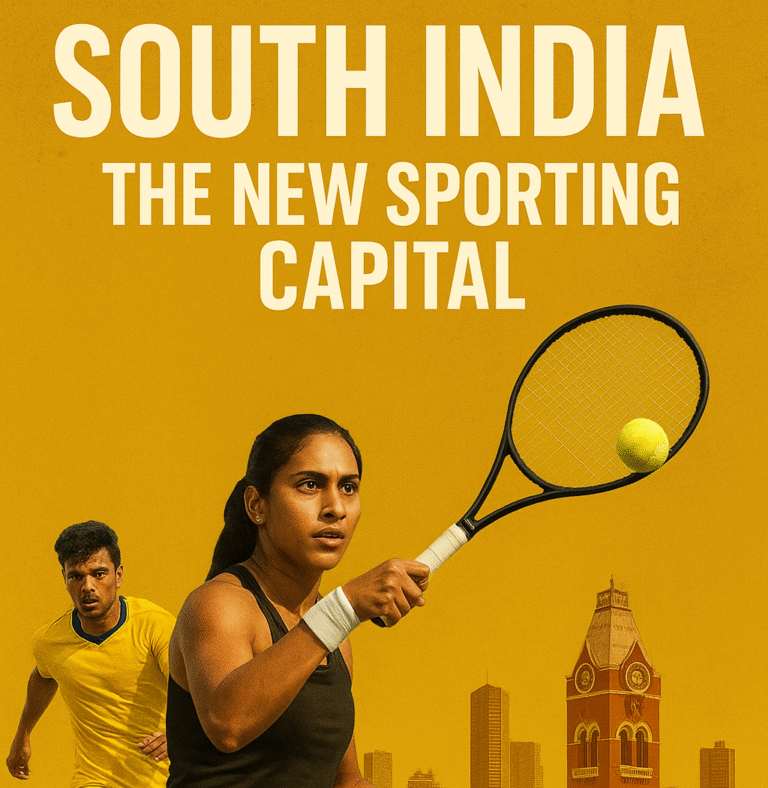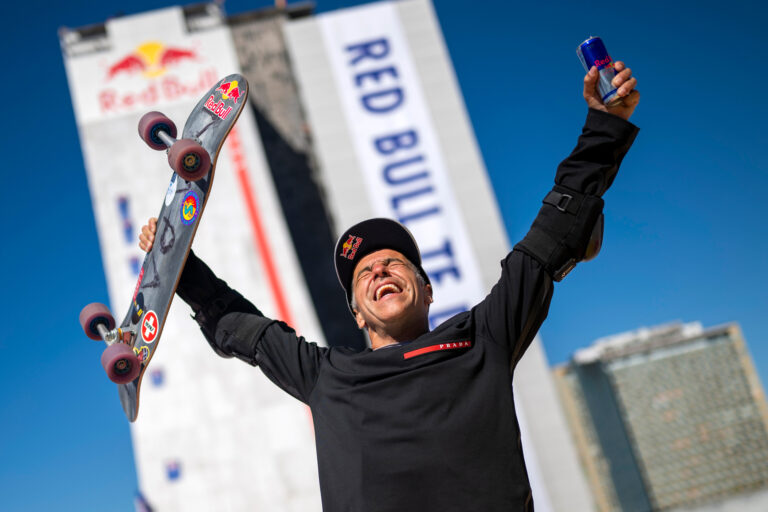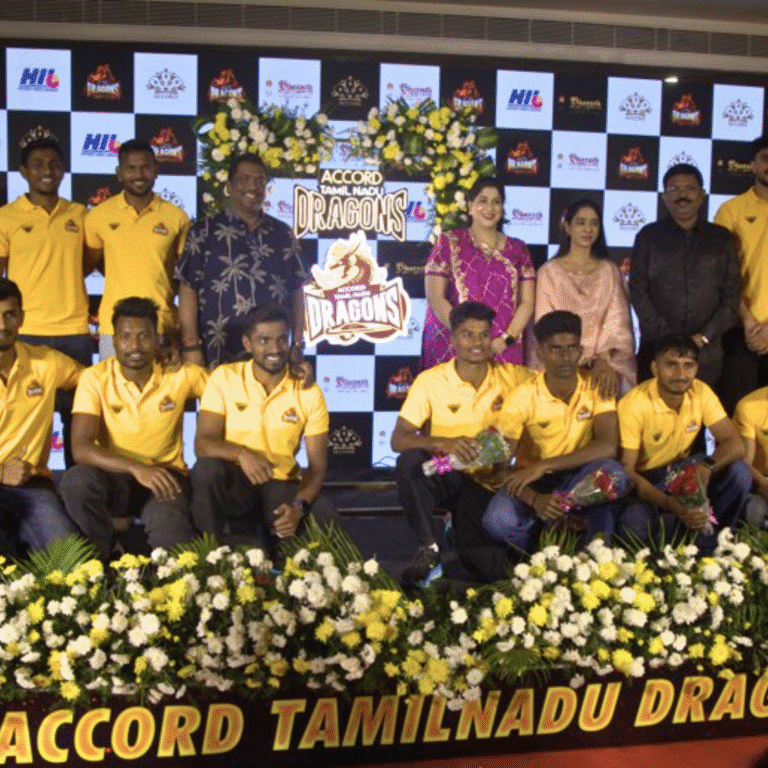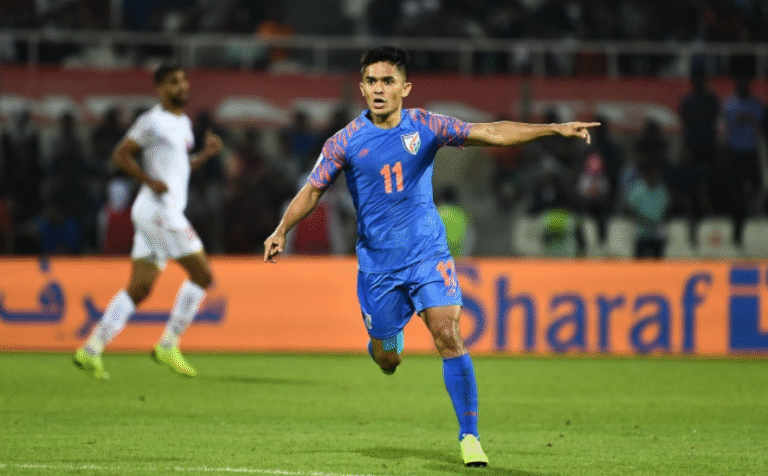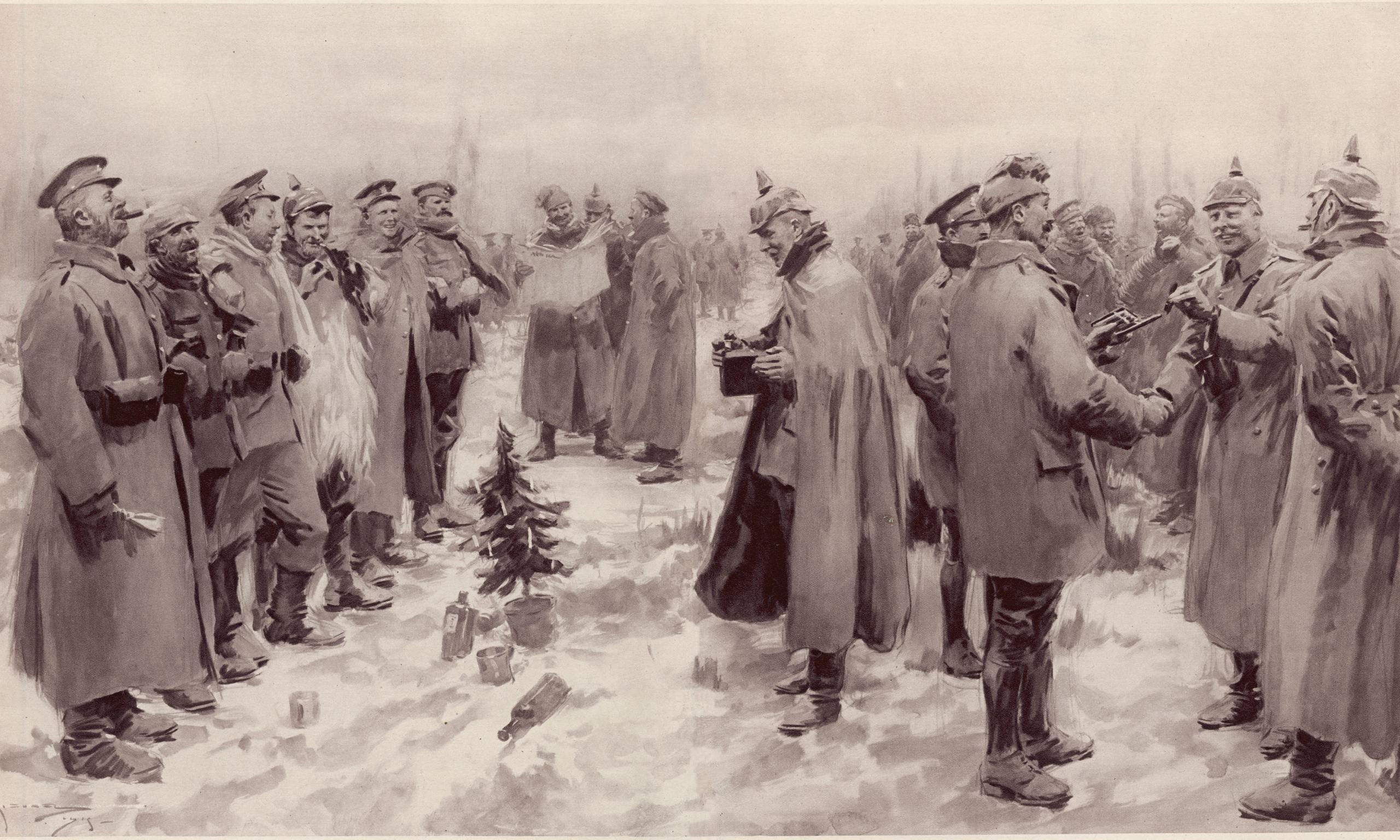
Wars, In a world often divided by politics, ideology, and armed conflict, sports have repeatedly shown their power to break down barriers, forge unity, and—at rare but significant moments—pause war itself. While war is the ultimate expression of division, sport is the global language of connection. And history offers proof that, sometimes, a ball can silence bullets.
Here’s a deep dive into moments when the sound of a whistle, goal, or paddle swing brought enemies closer to peace than any treaty ever could.

⚽ 1914: The Christmas Truce – Football in No Man’s Land – wars
In the icy trenches of World War I, British and German soldiers had been firing at each other day and night. But on Christmas Eve 1914, the guns went quiet.
Across the Western Front, soldiers laid down arms, stepped out of their trenches, and met in no-man’s-land. There, instead of combat, they exchanged gifts, sang carols—and played football.
- Makeshift goals were set up using helmets.
- A ball was kicked around joyfully under the threat of war clouds.
- Though unofficial, this moment is considered one of the most powerful unwritten ceasefires in modern warfare.
The match didn’t end the war. But for a few hours, football defeated fear.
🇸🇻🇭🇳 1969: The Football War – And a Ceasefire That Followed – wars
It sounds like fiction, but it’s true: a World Cup qualifier match triggered a war.
In June 1969, El Salvador and Honduras played a series of emotionally charged football games for a spot in the World Cup. Fueled by political tension, border disputes, and rising nationalism, the matches became symbolic battlegrounds.
Shortly after El Salvador won, they launched a military assault on Honduras, sparking what became known as the Football War.
- Lasted for 100 hours.
- Resulted in over 2,000 casualties and mass displacement.
- Eventually, global condemnation—partly inflamed by the visibility of football—pushed the countries into a ceasefire.
In this case, football didn’t prevent the war—but it helped bring it to a close faster than expected.
🏓 1971: Ping-Pong Diplomacy – USA and China Break the Ice – wars
During the Cold War, the U.S. and China were politically frozen for decades. Then, a ping-pong paddle cracked the ice.
In 1971, a chance encounter between American and Chinese table tennis players led to an official invitation for the U.S. team to visit China.
- The trip was widely covered, broadcasted globally, and praised for “humanizing” the two countries to each other.
- In 1972, President Richard Nixon visited China, a diplomatic breakthrough known as one of the most impactful political shifts of the 20th century.
What years of diplomatic stalemate couldn’t achieve, one game of table tennis did.
🇮🇷🇮🇱 Iran and Israel: The Boycotts that Speak Louder Than Words – wars
Though Israel and Iran have never paused a war due to sports, sports have been used as political weapons in their ongoing cold hostility.
- Iranian athletes are instructed to withdraw from matches if they must face Israelis.
- This has happened in judo, wrestling, taekwondo, and chess.
- Star judoka Saeid Mollaei was forced to withdraw from a match to avoid facing an Israeli opponent in 2019. He later fled Iran, seeking asylum and now competes under Mongolia.
Here, sports haven’t paused conflict—but they’ve highlighted the cost of political pressure on athletes and sport’s role as a silent battlefield.
🇨🇮 2006: Didier Drogba Pleads for Peace in Ivory Coast – Wars
Sometimes, a single voice can change the course of a nation.
In 2005, Ivory Coast qualified for their first-ever FIFA World Cup. Amidst celebration, superstar striker Didier Drogba made an emotional appeal—on live television—from the dressing room.
Kneeling with teammates, he begged warring factions in his homeland to lay down their weapons.
Within weeks:
- A ceasefire was declared.
- A match was played in Bouaké, a rebel stronghold.
- Drogba was later awarded UNDP Goodwill Ambassador status for his peace efforts.
A footballer achieved what political leaders had failed to do for years.
🎯 Conclusion: The Power of the Game -Wars
Sports may not replace negotiations, end violence, or draft peace agreements. But as these moments show, it can provide the pause, the perspective, and the platform for humanity to remember what connects us.
Whether it’s in muddy WWI trenches, Olympic podiums, or FIFA qualifiers, the game—sometimes—speaks louder than guns.
✍️ Byline:
Written by the BiGG Sports News Editorial Team. For more stories that connect sport, society, and soul—follow our Global Explainers Series.

